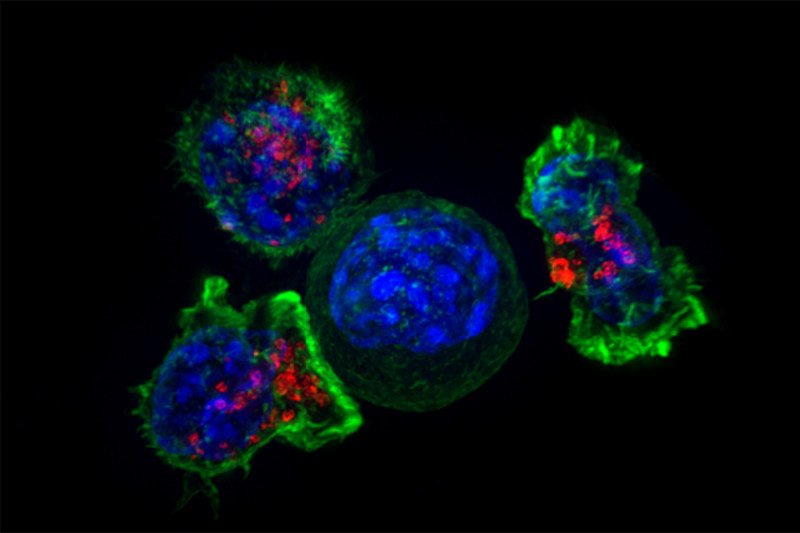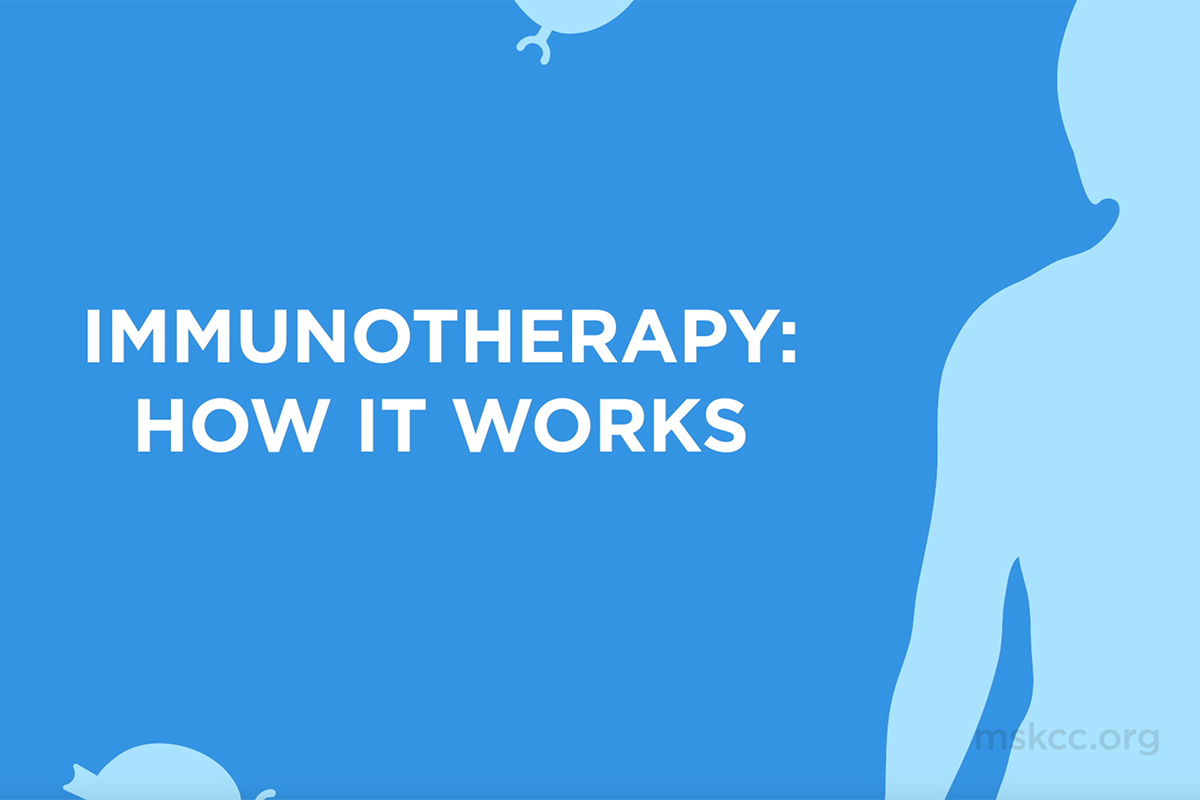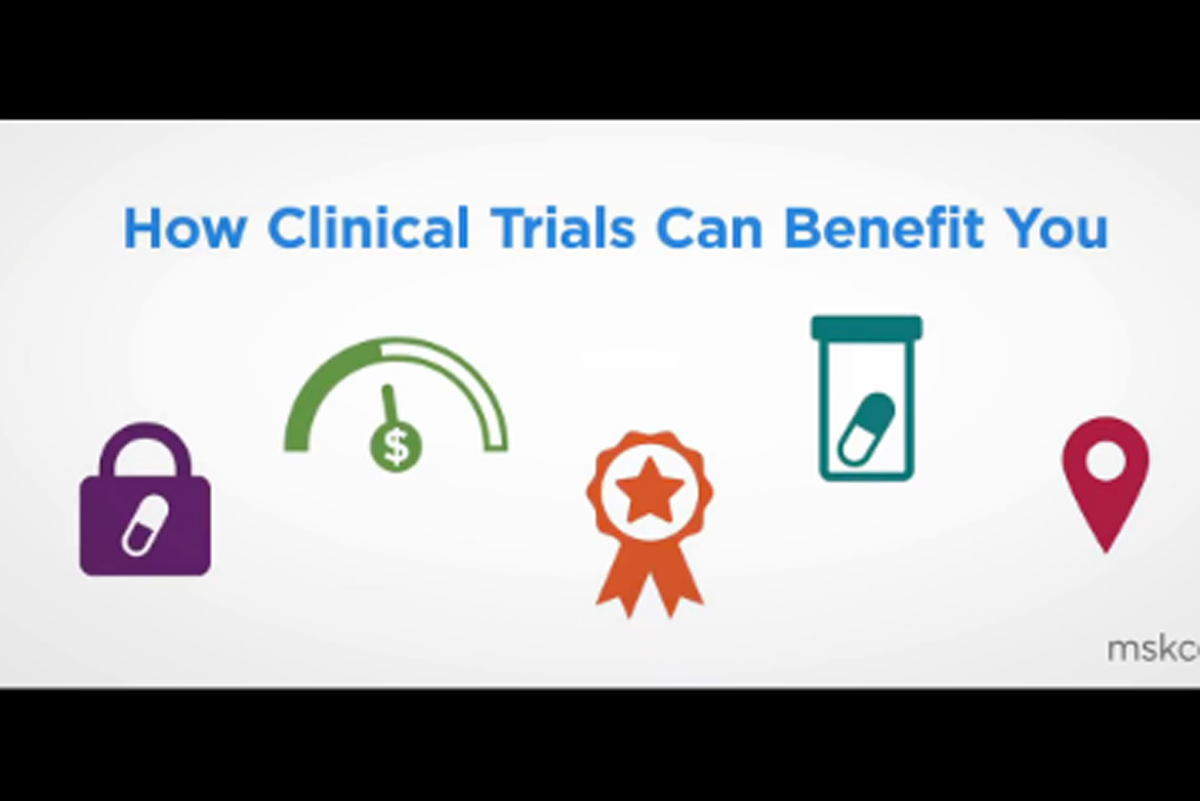
March 3, 2018
“My dream is for urgent and much needed change to assist sarcoma patients globally. The inception of my Foundation was and is, for the purpose of instigating this change, and to use my significant sporting affiliations, and my passion for journalism to raise grass level awareness, thus stimulating critical funding.
Put simply, my role now is to be the face of the Cooper Rice-Brading Foundation, and the human face of sarcoma, and to ensure my story is told. No matter how difficult my journey, I need to convey to others the personal side of this diagnosis, and the need for the critical change required to significantly alter the trajectory for sarcoma patients everywhere.”
(Cooper Rice-Brading – June 12, 2017.)
Friday the 26th February, 2016, marked a very dark day in our lives. It was the day Cooper underwent a routine MRI to diagnose a suspected tear in his bicep, and after two hours wedged in an MRI machine, anxious, alone and bewildered at the time the process was taking, he was to eventually find his life had irreversibly changed. A routine MRI had become what was to be a death sentence for our precious son and brother.
Osteosarcoma is an insidious cancer by any standards, and is now classed with other sarcomas, among those childhood/young adult cancers with the worst survival outcomes. Despite this, it has by and large, been overlooked, and there is statistical evidence to suggest diagnoses are rising, with a documented 40% increase from the previous decade. (Professor David Thomas, Director of The Kinghorn Cancer Centre and Head of the Cancer Division of the Garvan Institute in NSW.)
It is then perplexing to say the least, this cancer has not received the attention it so desperately needs, together with funding that has been missing from the Australian Government cancer budget. Instead, philanthropy is responsible for the vast majority of funding, and most often comes from the loved ones and their friends, of those children and young adults who have tragically lost their lives.
Sarcomas are part of the rare or less common cancer collective which are responsible for the deaths of 25,000 people per year in Australia. These figures account for half of all cancer deaths, and many of these patients did not have access to treatment options simply because their cancers were rare. Approximately one third of cancer diagnoses are rare or less common cancers, consequently a key recommendation of Rare Cancers Australia, is for a third of government research spending in cancer be directed to rare or less common cancers. (Rare Cancers Australia, Rare Solutions A Time to Act 2017).
On average, seventeen life years per patient are lost due to sarcomas which is an impact three times greater than bowel, lung or breast cancer. The cost to the community through the health system of bone and connective tissue tumours was $29,593 in 2003, (Professor David Thomas, Director of The Kinghorn Cancer Centre and Head of the Cancer Division of the Garvan Institute in NSW.), more than three times that of colorectal and breast cancer combined, and yet there has been no marked improvement in life expectancy, nor treatment options. Current figures are not available, and in all likelihood would show a marked upward trend since 2003.
The needless loss of life, the sheer emotional hell experienced by patients, and the lack of mainstream treatment options, which may accompany a sarcoma diagnosis, are no longer acceptable, and never were.
Cooper’s face, ‘the human face of sarcoma,’ in videos, photos, documentaries and interviews is a constant reminder of the work we continue to do in his absences, and why as his family, we continue to do it…





Is there any clinical trial to test immunotheraphy in patients with leiomyosarcoma metastatic?